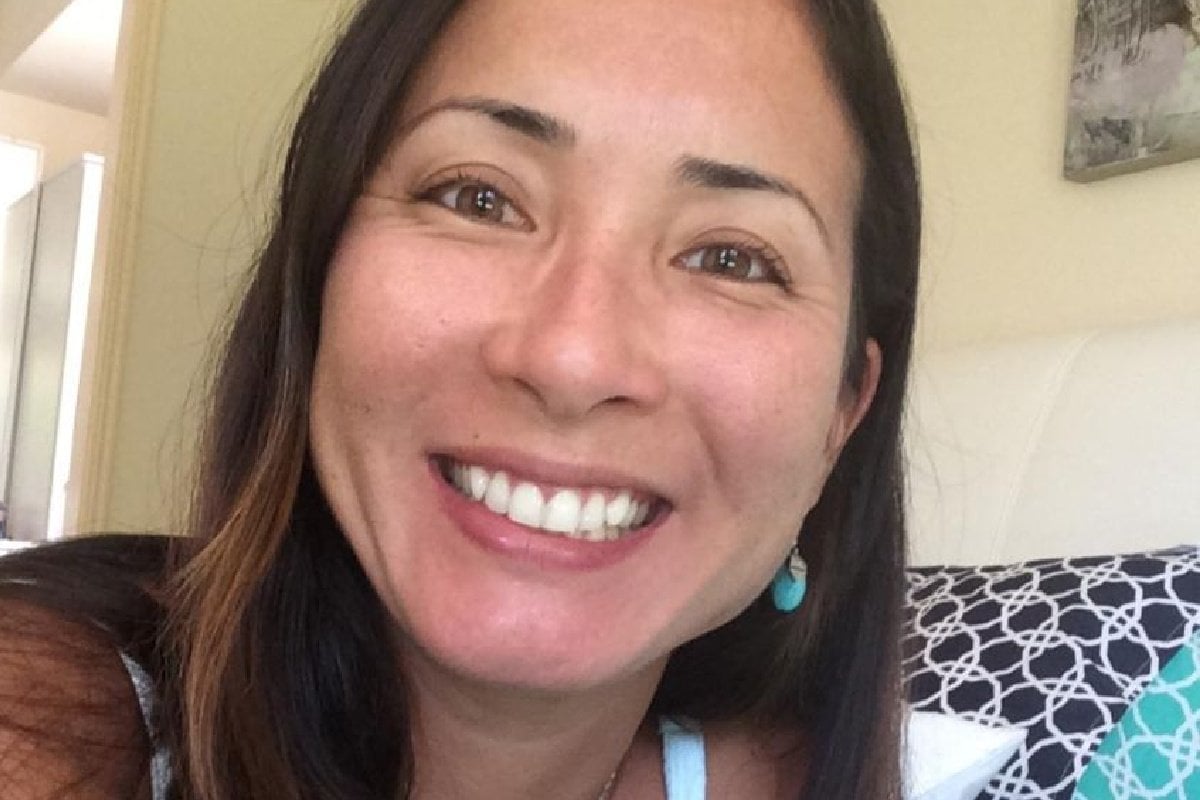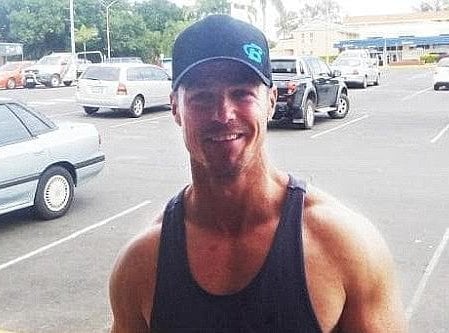
This post deals with violence and murder and might be triggering for some readers.
On January 21, 2015, Fabiana Palhares woke from a nap to find her ex-boyfriend Brock Wall standing at the end of her bed reading her mobile phone.
He was trying to find out "who she had been calling," after entering her Gold Coast home without permission by jumping the fence, the ABC reports.
Police gave him a notice to appear for breaching a domestic violence prevention order, assessing the pregnant 34-year-old as being at "medium risk" of harm at his hands.
That is despite years of verbal, emotional and physical abuse; seven contacts with police over previous DV episodes in just two months; and Wall's history of violence in previous relationships.
WATCH: How police and DV services failed to keep Fabiana Palhares safe. Post continues after video.
On January 30, an officer spoke to Wall about the domestic violence order that prevented him from going within 50 metres of his ex-partner's home.
Three days later, on February 2, he told police Palhares was not a victim but a "super b***h" when he collected the DV order at 12.30pm.



Top Comments